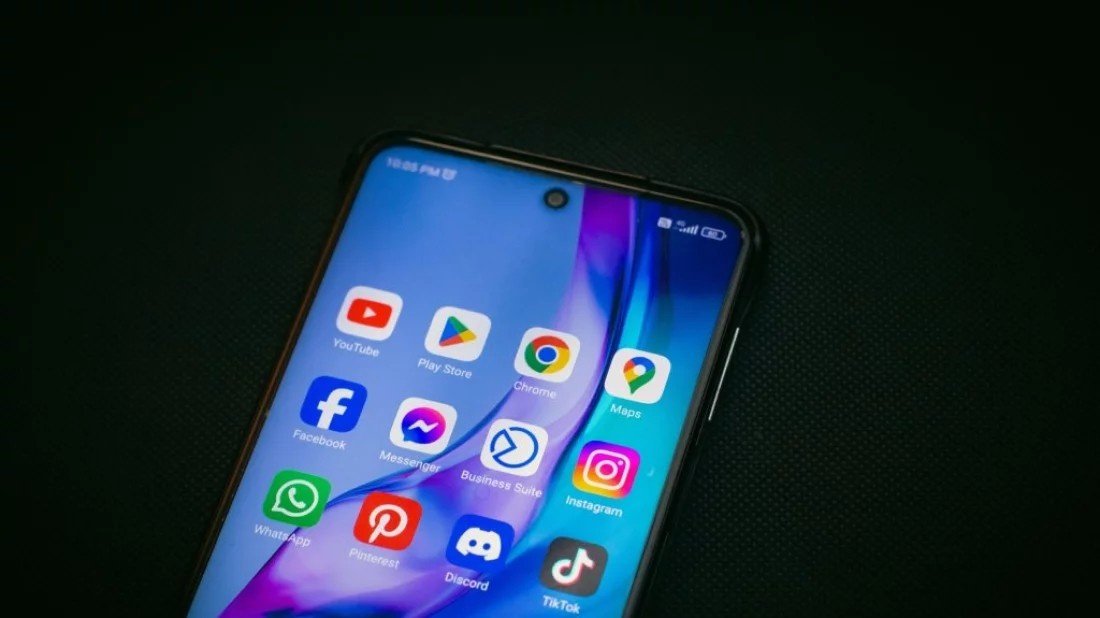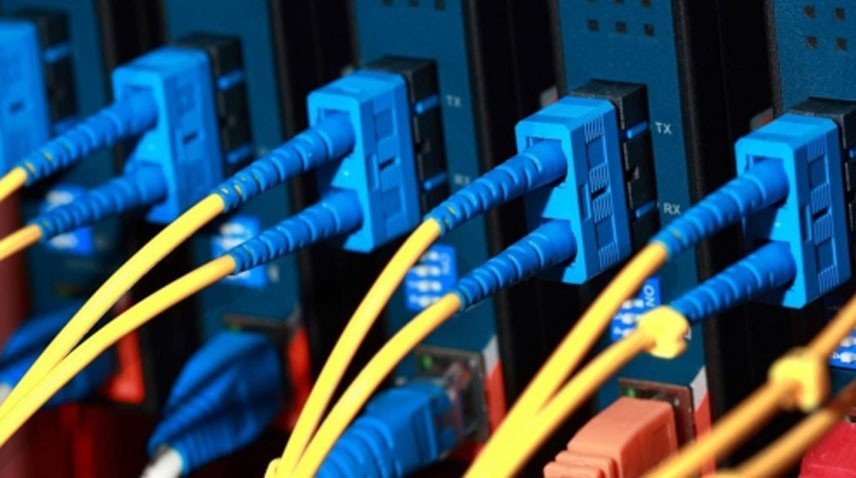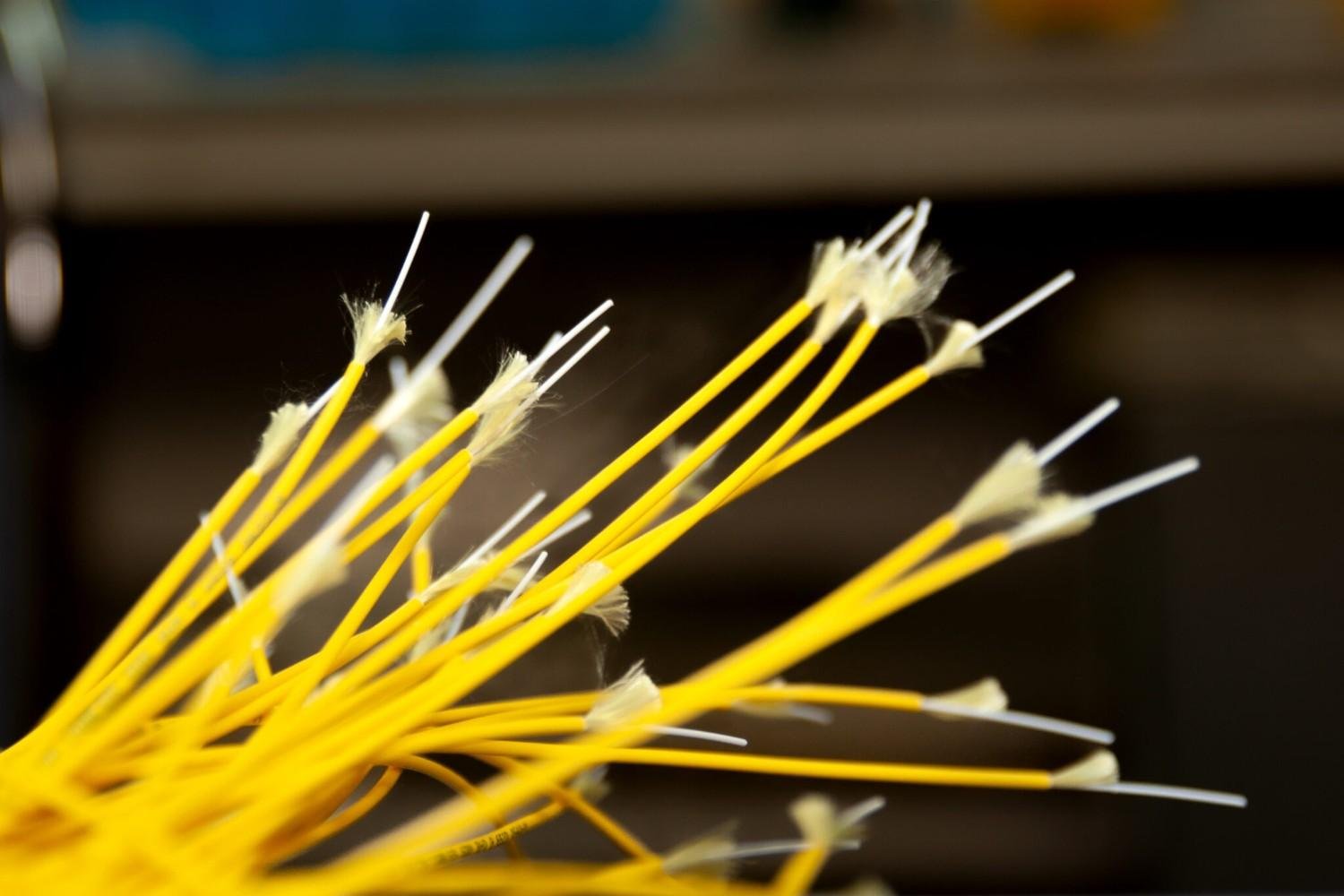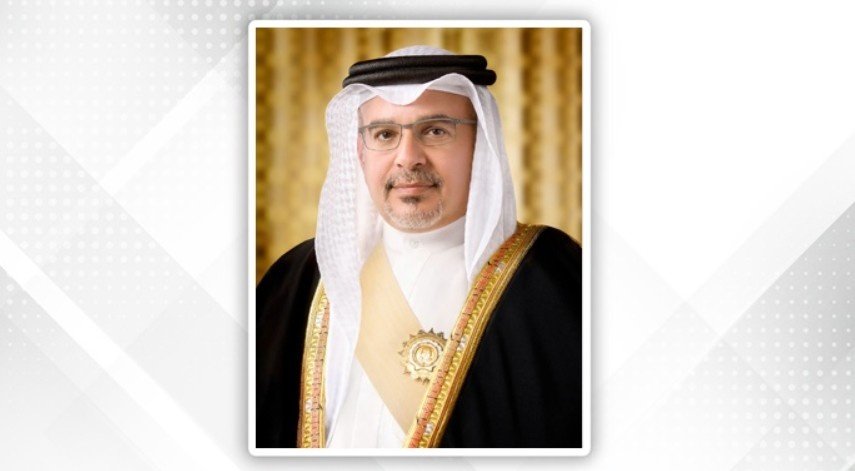Bangladesh Telecommunication Regulatory Commission (BTRC) is prepared to issue additional Nationwide Telecommunication Transmission Network (NTTN) licenses if current services to customers are found to be compromised, as emphasized by BTRC Chairman Maj Gen (retd) Md Emdad Ul Bari. Speaking at a discussion titled “The Importance of a Nationwide Telecommunication Network for the Future of Bangladesh,” organized by the Telecom and Technology Reporters Network Bangladesh in Dhaka, Bari stated, “NTTN licenses should be limited, but we need to assess whether we have become ‘hostage’ to them, holding back the entire nation. If necessary, we will issue 10 more licenses.”
Bari mentioned the possibility of granting licenses on a zonal basis but clarified that this idea is still under consideration and not an immediate plan. “Our main requirement is to deliver services to users,” he noted, adding, “Our priority is service, not just sustaining businesses.”
The NTTN guidelines were introduced in 2008, assigning NTTN operators the responsibility of building, maintaining, and managing a nationwide fiber-optic transmission network, providing shared infrastructure for telecom operators and internet service providers. Bari elaborated on the challenges faced by NTTN operators in delivering adequate services.
He pointed out that Grameenphone solidified its market position by utilizing Bangladesh Railway’s fiber, which provided a significant advantage. However, the exclusive use of this fiber by operators and their resistance to active tower sharing have created a stalemate, preventing the telecom sector from realizing its full potential.
The concept of NTTN was introduced to separate the transmission business from service delivery and to stabilize the telecom market. The government extended significant support to the NTTNs, including granting them the exclusive right to lay fiber. They were also obligated to reach the upazila level within 10 years, a goal they have achieved, although Bari noted that most of the investments have been focused on overhead cables in Dhaka, with high prices discouraging broadband operators from utilizing their services.
He further explained that outside Dhaka, NTTN operators have made minimal investments, with some areas maintaining their own fiber networks while others depend on leasing from Power Grid Bangladesh. Bari questioned the effectiveness of the NTTN licensees, stating they often act as middlemen without significantly enhancing capacity.
While acknowledging that some investments have been made by NTTN licensees, he noted that 30-32 percent of these funds come from government initiatives like Info-Sarker 2 and 3. “The government genuinely aimed to expand the network. But have they actually reached that level? There are deficiencies, and we must address them,” he added.
Bari criticized the use of overhead fibers by NTTN operators, citing that Summit Communications has only 15 percent underground fiber, while Fiber@Home has only 17 percent underground cable.















